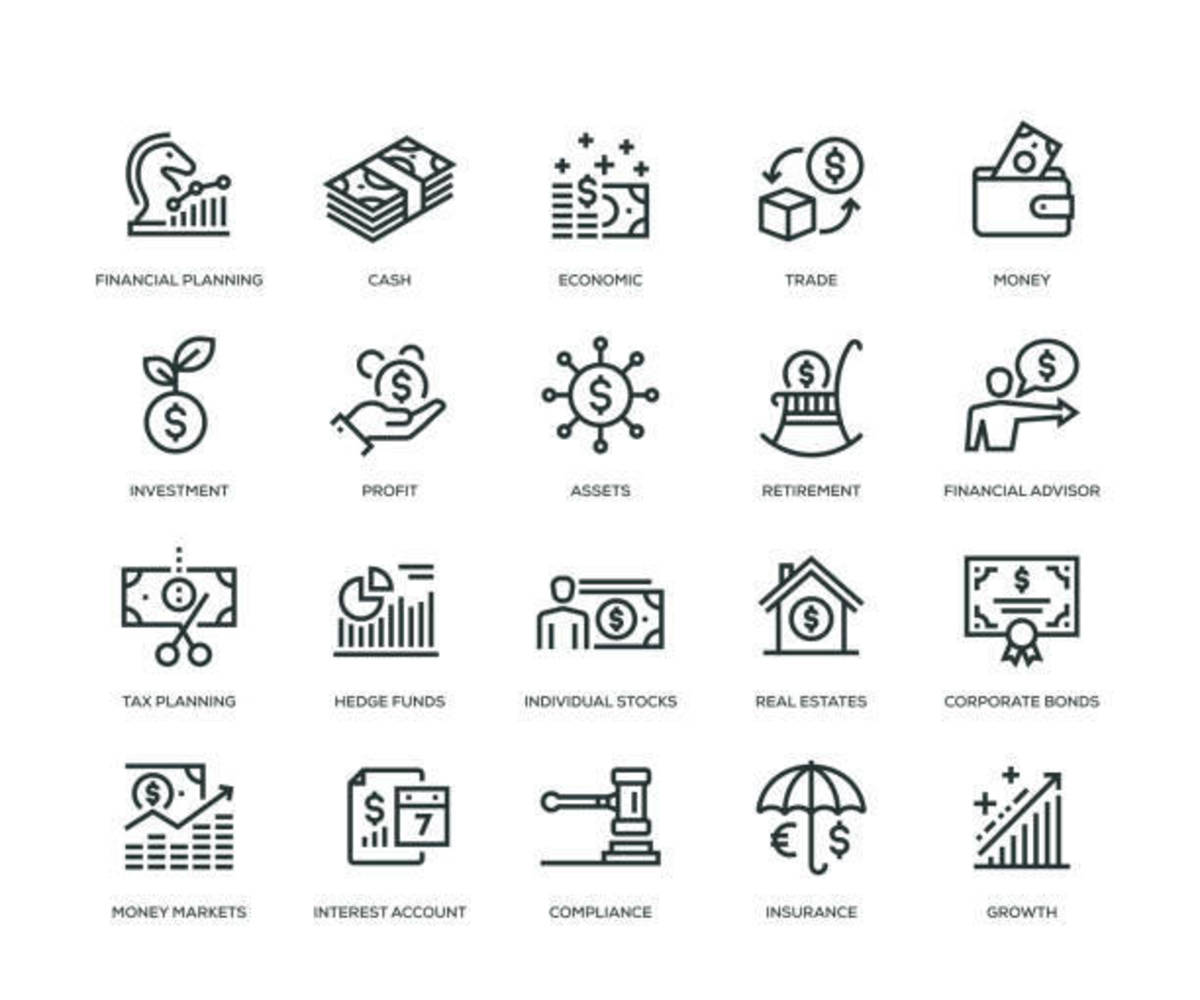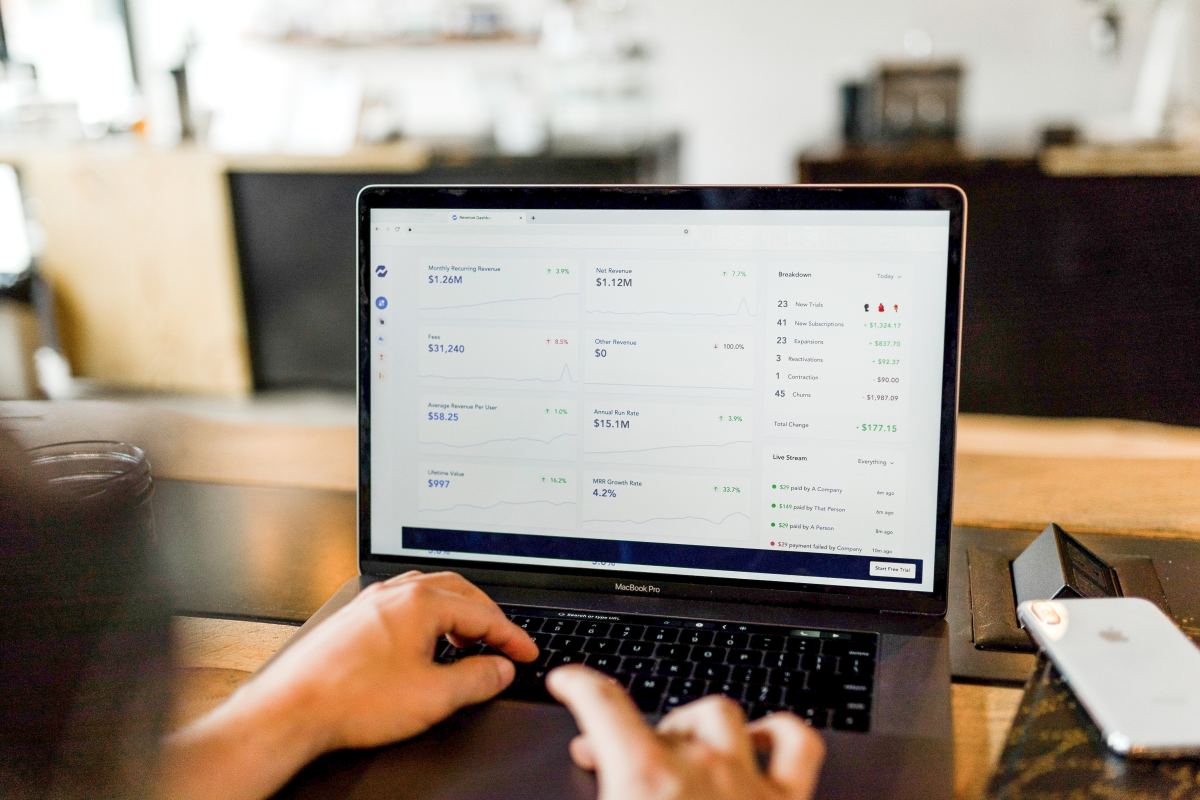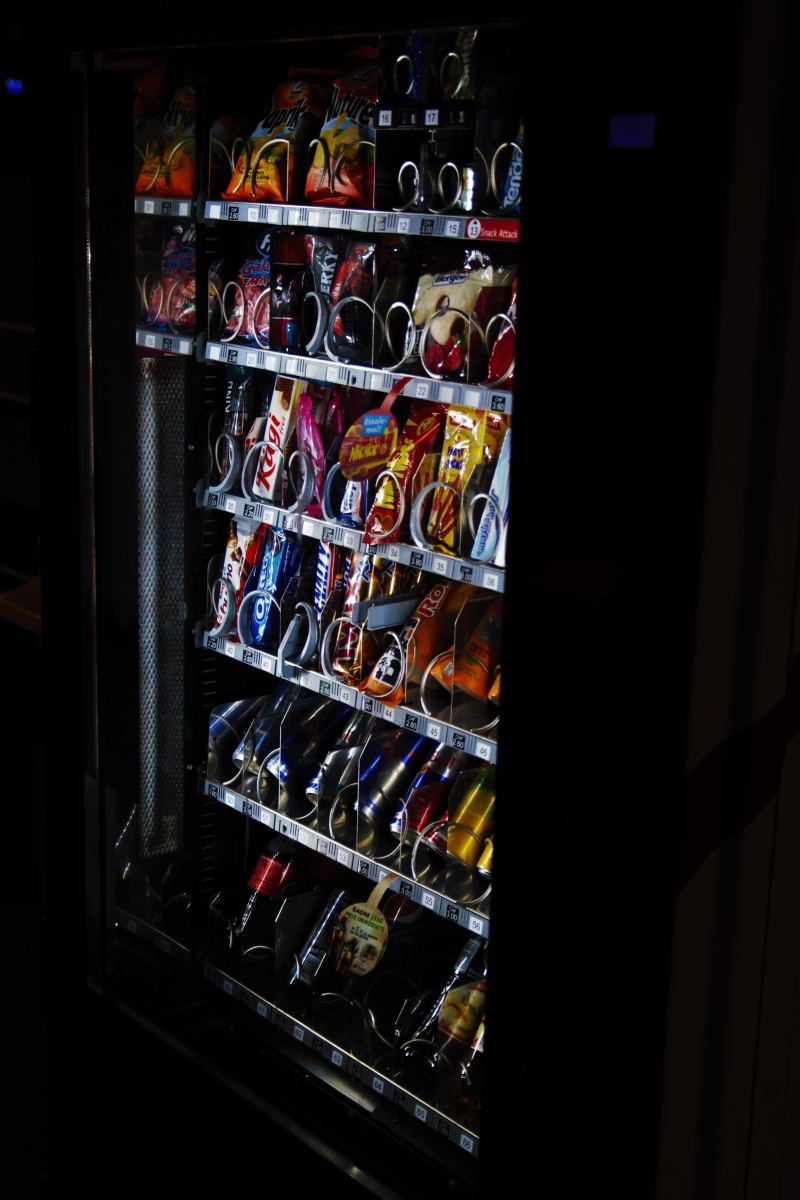Top 10 Ways to Build Your Credit
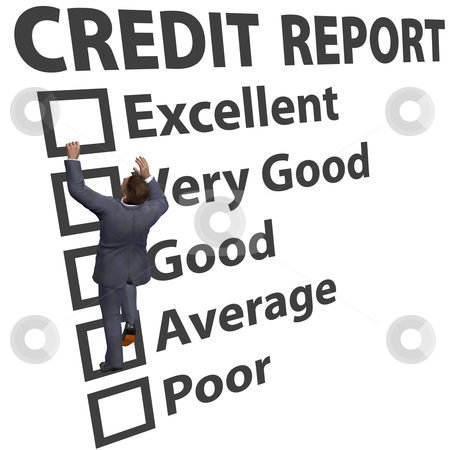
We know everyone is talking about how do you check your credit score? What exactly is my credit score, how do the credit bureaus calculate my score, and etc? But before you are ready to borrow money from institutions you will need to have a good credit established. It is reported by CNBC that about 50 million adults in the United States don't have any credit history. This means that they never applied to for a loan, mortgage, or simply a credit card. Most people think paying with cash is the best way to go, but that is not true if you want to get a mortgage or a car loan one day. As most young adults don't have any credit they do have a lot of question. What credit card company to use to get my first credit card? What loan institution to use to obtain a loan? We have provided for you some tips on how you can build your credit simply from scratch. Here are 10 tips on how to build your credit.
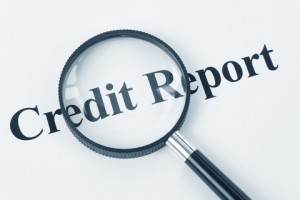
10. Check Your Credit Report
First thing you will need to do is check your credit report. In the United States there are three credit bureaus: Experian, Trans Union, and Equifax.
Before you apply for any types of a loan and credit card it is good for you to check your report to make sure that your identity wasn't stolen. There have been many instances where people have had their identity stolen. If that is the case you have to contact the credit reporting agencies so they can clear your record.
Mistakes happen all the time and they could be very costly to your credit report. Late payments could damage your report for up to save years. If you file a bankruptcy it will stay on your record for 10 years.
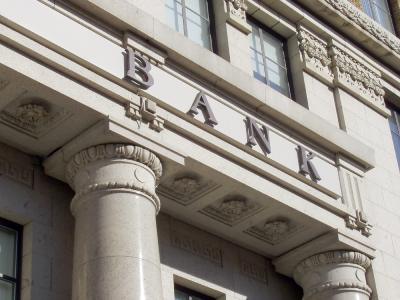
9.Open a Bank Account
Opening a bank account is a very important factor for financial institutions. By opening a checking or savings account, this proves a level of financial responsibility before you actually apply for a loan. Checking and Saving accounts are not included in your credit report and they don't affect your credit score. Most bank institutions might request to see your financial experience in the past and by having those types of account this proves to them that you have a steady income and have kept your deposits and withdrawals at a certain level.
Most banks in the United States offer free checking accounts that don't charge you an annual fee. Keep in mind that any negative information in your checking account will appear in a report and loan institutions will hear about. For example if checks bounce, overdraft your account. all of those are negative factors that might a decision in getting a loan.
Great Credit Score Books
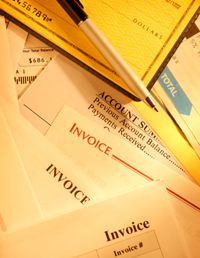
8. Pay On Time
Most important thing to remember is to pay your bills on time. Paying your bills on time is a prove to financial institutions that you are responsible with your finances. By paying on time this will raise your credit score and it will show a history of your payments and how well you have done with maintaining your account balances. Simply one missed payment, or a late payment could hurt your credit score and the chances of you getting any type of a loan. An easy way to keep your track of your payments is to set up an electronic account and have your bills to be taken off automatically when the due date comes up, that way you will never be late for your payments.
7.Find a Co-Signer
In most cases when you don't have any credit history, most banks will allow you to have a co-signer. This meaning you could have someone, like parents, older siblings with already established credit co-sign for you and that will increase the chance of you getting the credit that you need. The most important thing about co=signing that you need to understand is that now both parties are responsible for making the payments. Make sure when you are selecting someone to co-sign with you they actually have a good credit history as well as their spending habits are not bad, since that could affect you with your credit score and in the long run that could affect your credit history.
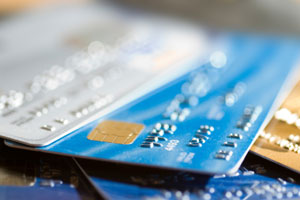
6. Get a Secured Credit Card
Without a credit history it will be very hard for anyone to obtain a credit card. But there is a solution. I bet everyone has heard of Pre-Paid credit cards. There are tons of financial institutions that offer this service now. You are able to get a credit card for up to $500 usually. For example you will have a monthly balance of only $500 and if you try to spend more than that the transaction that you are trying to charge won't process. Make sure before you get a secure credit card, that they report to all credit bureaus, since that is the only way you can build credit in the mean time. The time that this method takes to build your credit is usually about 12-16 months.
Financial Stability Books
5. Get a Retail Card
Another way to build you credit is to obtain a retail store credit card. They are usually easier to get than regular credit cards. There is a downside to that, retail credit cards don't have much affect on your credit report as a regular credit card does.
There is another factor you have to look into. Most retail cards carry a very high interest rate in most cases higher than 30 percent, so be careful and read the fine print. Another tip to be careful is that every time you apply for a store card, the lender pulls your credit report. In a short period of time several hits on your report might end up lowering your credit score. Hits on your credit report usually stay on your report for up to two years. Another type of retail credit cards are gas station cards. Usually people get those types of cards to get discounts per gallon when filling up gas for your vehicles. But remember to check if they also report to all three agencies so they could have a positive effect on your credit report.
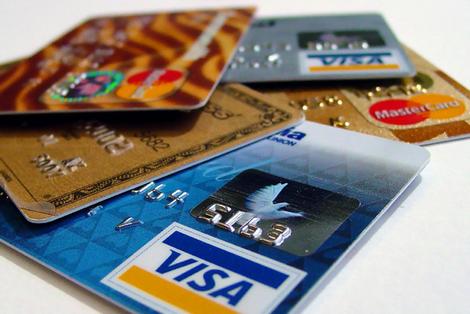
4. Get Your First Credit Card
Once you have settled down and have had a secured credit card, it is time for you to apply for unsecured credit card. By getting a secured credit card you have a monthly limit set by the lender. You are responsible for paying at least your minimum balance and any balance left over will be revolved for the next month, but it will have an interest charge on it.
For you to have a good credit you must always pay on time, if you can pay your full balances and also at least try to make your minimum balance due every period.
Also another important tip is try not to get a lot of cards constantly just so you can get a lower rate, because this will eventually end up in lowering your credit score. Credit length is a key factor in building a good credit.
Master the Credit Card Game With These Books
3. Apply For a Small Loan
Getting a loan is completely different type of credit than credit cards. Loans are considered installment loans. Mortgage, car loan are just some of the good examples of an installment loans. Student loans are also another type of an installment loan. They usually carry a small interest rate and are relatively easy to obtain. The only downside of the student loan is that it doesn't show on your credit report for about six months after you graduate school and start paying the loan back.
Banks and other lenders will allow you to get a loan pretty much about anything you like: car loans, vacation, personal use, and etc.

2. Get a Good Job and Keep It
In every credit report there is a section that has employment information. This is a key factors when lenders are deciding on approving or rejecting a loan. By having this information the lenders are getting a quick look and judgement what kind of a borrower you will be based on your employment history. Most lenders want to see that the borrower has a steady job and income. Employment length is important as the longer you have been employed at one job, the more responsible you are about your finances. Remember jumping from job to job won't help you obtaining a good credit and keeping it.
When the time comes and you are looking to get a mortgage, employment comes as a big factor in the decision made by the lender. Salary history will be the key determent on your mortgage application. Keep your job for a long time that will help you raise your credit score and keep a good credit report.
1. Keep Paying and Don't Mess Up
To obtain a good credit report for a long time, don't make any mistakes that can damage your credit report. Keep paying your bills on time, don't co-sign for someone else that you are not sure of their spending and financial habits.
Avoid filling bankruptcy. If you file for bankruptcy this will ruin your credit for ten years and you will not be able to obtain any type of credit for at least 10 years. Whatever you do, don't get involved with any criminal convictions, because they hurt your credit score and they stay on your credit report for at least 7 years.






